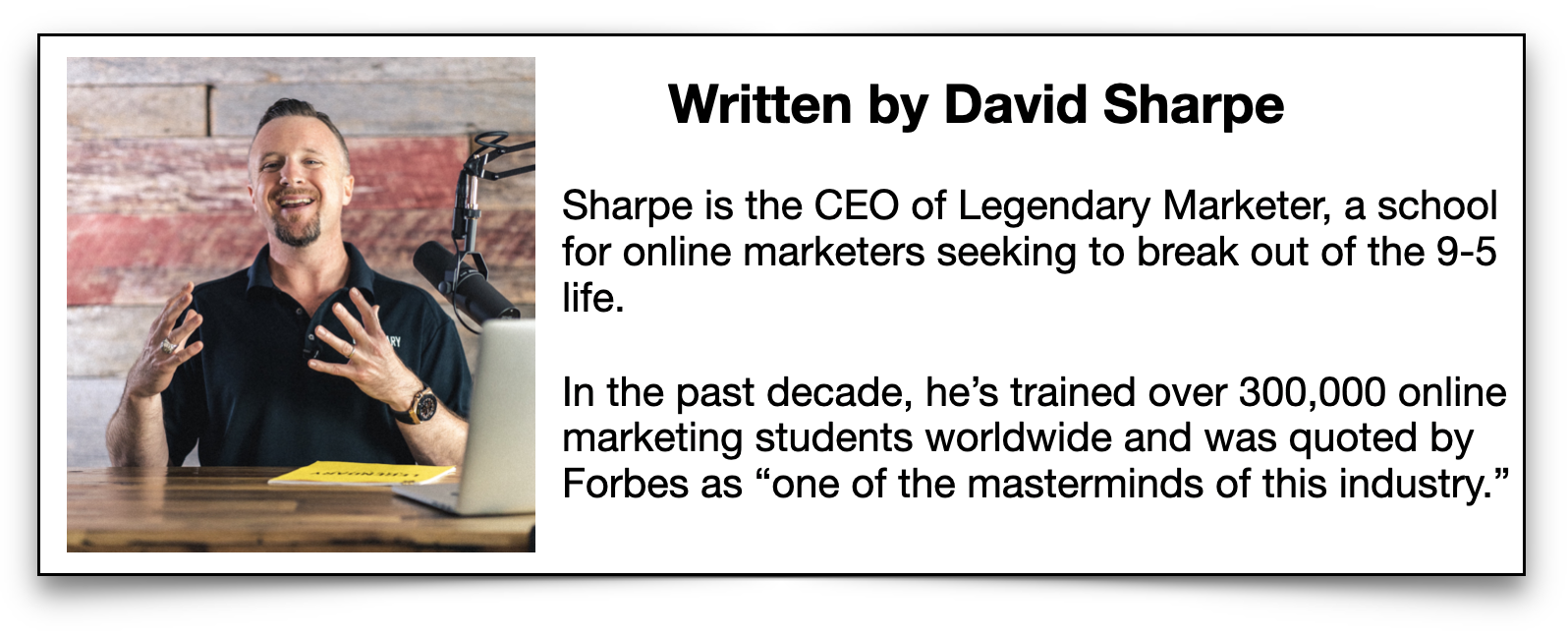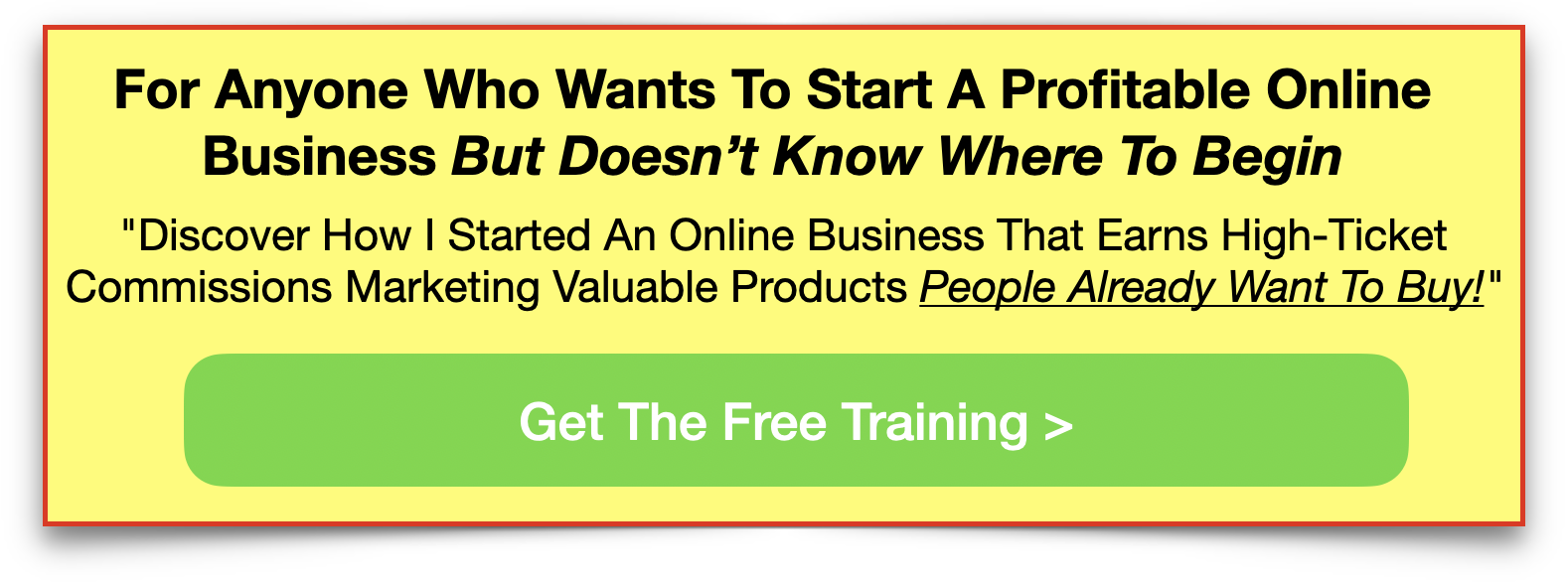
Social marketing is the inevitable next step of social networks. As marketers, who can blame us for pursuing our options? There are 2.77 billion active users worldwide with a projection of 3.02 billion by 2021 if growth continues at the current pace.
Even a fraction of that number would be enough to power a successful business. And most of them — about 2.32 billion — reside on Facebook.
Of course, there’s some overlap with multiple platforms being used by a single person. But Facebook is routinely No. 1. So why shouldn’t you try harnessing that to your advantage?
In the following article, we’re going to examine the 11 tips for marketing on Facebook the savvy way. Let’s start posting!
1. Remember It’s Facebook and Not Salesbook
Some businesses make the mistake of allowing Facebook to be their lone marketing and sales channel. While it’s possible to set up the social network for sales, it’s probably not the best idea.
There are a few reasons we would advise against it. First off, that gives Facebook a share of your sales essentially when that’s typically not the reason people are there.
Establishing Facebook as your sole revenue-generator puts the fate and the creativity of the business in the social network’s hands. If they don’t agree with something you’re doing, then they reserve the right to prevent it. They’ve got that power.
Furthermore, selling through Facebook requires you to be sales-y in how you establish new relationships. As it turns out, people don’t like this.
2. Let Others Do the Work for You
Brands tend to love Facebook (and other social networks) for one very special reason. User-generated content.
User-generated content, or UGC as it’s called in the social marketing community, is exactly what it sounds like. You allow your followers to generate a lot of the content that makes your channel interesting.
It sounds like a crapshoot putting your business messaging in the hands of the public. But there are ways to control the messaging. Some good examples:
- Ask someone to snap a pic of them using your product or service in return for something
- Conduct contests and giveaways where the entrants have to post some kind of “buy-in”
- Ask questions
- Spotlight customers or employees to garner goodwill with their followers
- Show up in-person to popular events and find ways you can be seen giving back; then, post it to Facebook
A steady stream of content with some brief direction will bring out your biggest fans. They’ll take over from there. And you retain veto power to ensure nothing inappropriate or negative intercepts your messaging.
3. Use a Consistent Voice
The best way to control Voice is to make sure administrative privileges are restricted to your most trustworthy communicators. The larger a company or entity is, the more important this becomes.
You don’t want 200 messages randomly circulating about your business, especially on a potentially volatile platform like Facebook. Control the messaging and be consistent with you’re saying. The Voice of your brand will emerge from that.
4. Frequency and Scheduling
There are three common content-related questions we hear the most about Facebook. They are:
- How often should you post?
- When’s the best time to post?
- What should the content of those posts convey?
Answers vary. But there are some basic truths. For starters, you should be posting on a dependable routine.
A minimum of once per day is recommended. You could get away with less if you’re posting on a consistent schedule (weekly) with more dense content.
But keep in mind as you walk through the paces that audiences aren’t necessarily on Facebook to learn everything about you. They’re there to connect.
As such, a simple funny meme can attract more connections than a 2,000-word guide. That’s true even if there’s a lot more value in the latter.
So commit to posting often. Follow a schedule where followers and future followers can depend on you. And try to do a mix of media (videos, images, blogs, rants) and outlook (positive, negative, heartwarming, angry, thought-provoking).
To stay brand-positive, you may want to work by a ratio of 3-to-1. That’s three “feel-good” posts to one less-so.
5. Be Interactive
Facebook is there for you to be found. Don’t get on it if you don’t plan to engage.
Of course, there are different ways to engage. News releases, responding to comments, liking and engaging with other connections’ posts, responding (professionally) to bad reviews.
Whatever you do, don’t engage in the darkness. If a user seems like they want nothing more than to start a fight, don’t be afraid to hit the “Hide” button.
But never misconstrue constructive criticism with mean-spiritedness. It’s always possible to turn your critics into fans, so long as you’re viewing their comments through the right perspective.
6. Think Visually
We touched on this in No. 4, but it’s worth singling out. Visual content on Facebook consistently performs better than strictly textual content. And video content, in particular — from YouTube to Facebook — is here to stay.
So figure out ways to display what you have to say in interesting visual terms. It could be a quick informational video, an Infographic, a meme that gets people laughing or thinking.
Do your own. But don’t be afraid to curate from other sources, so long as you give credit along the way.
7. Know the Difference Between Real Relationships and Facebook Relationships
Boosting your Facebook following is great. But those relationships are worth more to you offline. And by “offline,” we don’t necessarily mean “in the real world,” though that’s not a bad idea either.
No, we mean your goal should be to bring your Facebook relationships from the platform to your website. This ensures you own your data, and that you’re not at the mercy of any future algorithm changes. It also helps you grow your circle of influence.
Facebook is great for attracting people to your business and establishing your brand. But at day’s end, Facebook’s only real commitment is to Facebook. And that won’t always align with the best interests of your business.
8. Focus on Organic But Know When to Boost
Organic is the way to go from the very start of your online marketing journey, Facebook or otherwise. What’s great about organic — other than that it’s free — is that it lets you see who is connecting with your brand on a visceral level.
Gaining organic Facebook traction sort of predicts any paid marketing success you’re likely to experience. That’s because the platform allows popular posts to be seen and engaged with by more of the people who see it.
Think of these individuals as a sample group. As you move into ad-spending, they allow you a better chance of seeing the potential return on investment.
9. Control Your Spend
Another great thing about Facebook is that it allows you to see, at a glance, the posts that are performing better than others. These notifications are red flags of what you should do more of organically. They also tell you where you should spend your ad dollars.
Facebook’s system is easy to follow when it comes to functionality. All you need to do is target the right demographics. An understanding of keyword science helps.
10. Do Not Neglect Your Other Marketing Channels
Facebook is the largest social networking platform. But that doesn’t necessarily mean it’ll be the best one for your business. And if you’re experiencing good results on another network, don’t go all in until you’re certain it’s a wise financial move.
Besides, staying cross-platform in your marketing efforts will ensure followers are more about you than the network where they found you. And not every social media fan is a Facebook fan, so there’s a good chance that if they found you elsewhere, they aren’t going to be following you on Facebook.
11. Be Cognizant
Facebook Insights are enormously helpful when it comes to determining the most active times your users are engaged. It’s also useful for singling out the types of content that perform the best. And it can show you how you’re stacking up against competitors.
It’s important to be cognizant of all of this as you start your Facebook marketing journey or redirect its use. Seeing how you stack up gives you a benchmark and helps you make changes to stay ahead of the pack.
Last but not least, follow any Facebook changes looming ahead. You never know when Zuckerberg and Company will institute a change that dramatically impacts the success and well-being of your business.
Facebook Is Still One of the Best Social Marketing Opportunities
Any social marketing plan that resists Facebook is cutting off its nose to spite its face. Yes, there are some not-so-great things that go on there. But it’s the undisputed champ of social networks for a reason.
Businesses that fail to see this usually will see a long marketing road ahead. If you’re ready to see better results out of your marketing on Facebook and other social platforms, watch our brand new web class while access is still free.







